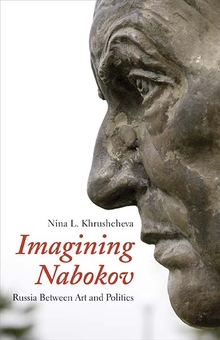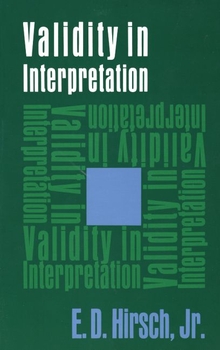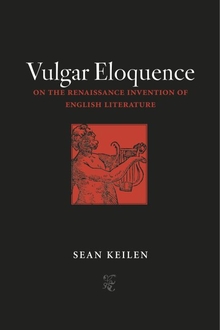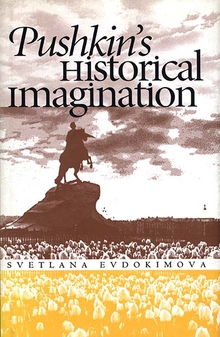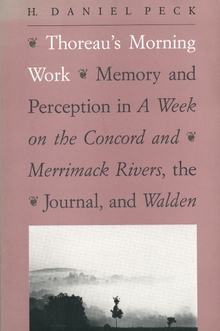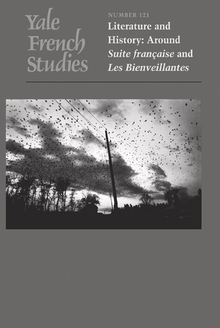Imagining Nabokov
WARNING
You are viewing an older version of the Yalebooks website. Please visit out new website with more updated information and a better user experience: https://www.yalebooks.com
Russia Between Art and Politics
Nina L. Khrushcheva
Vladimir Nabokov’s “Western choice”—his exile to the West after the 1917 Bolshevik Revolution—allowed him to take a crucial literary journey, leaving the closed nineteenth-century Russian culture behind and arriving in the extreme openness of twentieth-century America. In Imagining Nabokov: Russia Between Art and Politics, Nina L. Khrushcheva offers the novel hypothesis that because of this journey, the works of Russian-turned-American Vladimir Nabokov (1899–1977) are highly relevant to the political transformation under way in Russia today. Khrushcheva, a Russian living in America, finds in Nabokov’s novels a useful guide for Russia’s integration into the globalized world. Now one of Nabokov’s “Western” characters herself, she discusses the cultural and social realities of contemporary Russia that he foresaw a half-century earlier.
In Pale Fire; Ada, or Ardor; Pnin; and other works, Nabokov reinterpreted the traditions of Russian fiction, shifting emphasis from personal misery and communal life to the notion of forging one’s own “happy” destiny. In the twenty-first century Russia faces a similar challenge, Khrushcheva contends, and Nabokov’s work reveals how skills may be acquired to cope with the advent of democracy, capitalism, and open borders.
Nina L. Khrushcheva is associate professor of international affairs, International Affairs Program, The New School, New York. The great-granddaughter of former Soviet Premier Nikita Khrushchev, she now lives in New York City.
“A very lively, funny, and informed piece of work, full of interesting opinions about Russia, the West, individual writers, and various national literatures.”—Michael Wood, Princeton University
"Combining literary criticism with political theory is often attempted and rarely done well. Nina Khrushcheva succeeds brilliantly in this highly original work. Her book deepens one's knowledge of Nabokov, Russia, and the condition of exile by mixing literary and political concerns without diminishing the importance or interest of either."—Ian Buruma, Henry Luce Professor of Democracy, Human Rights and Journalism, Bard College
Publication Date: December 12, 2013

